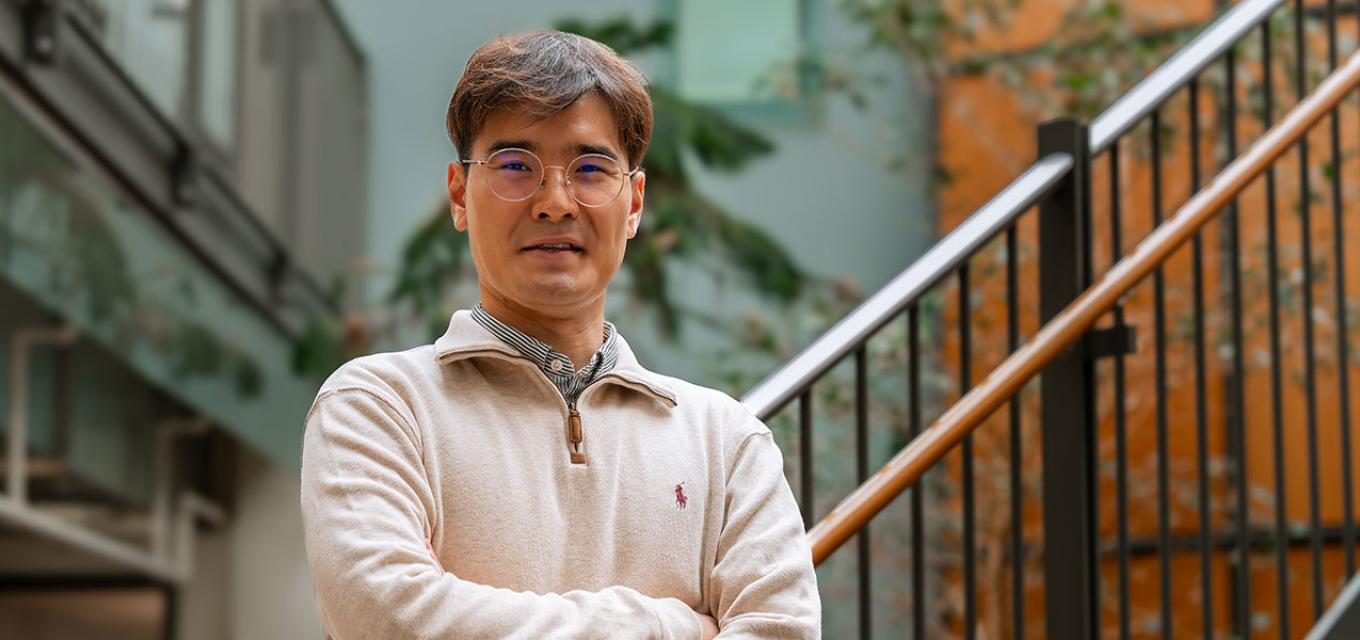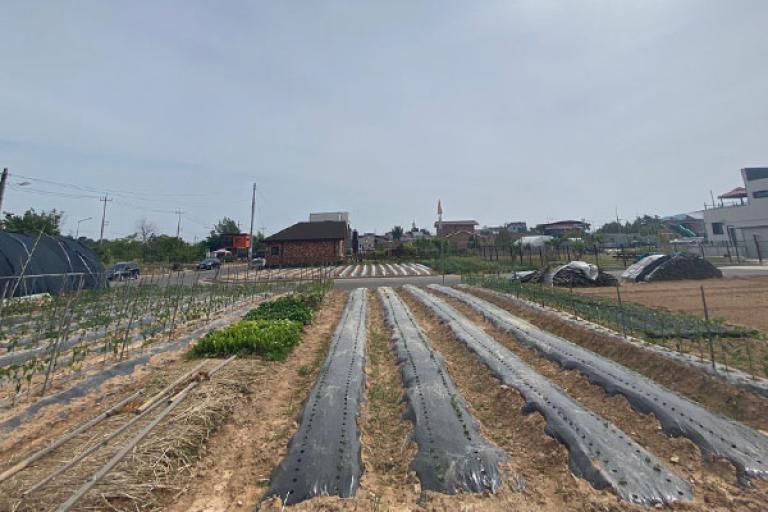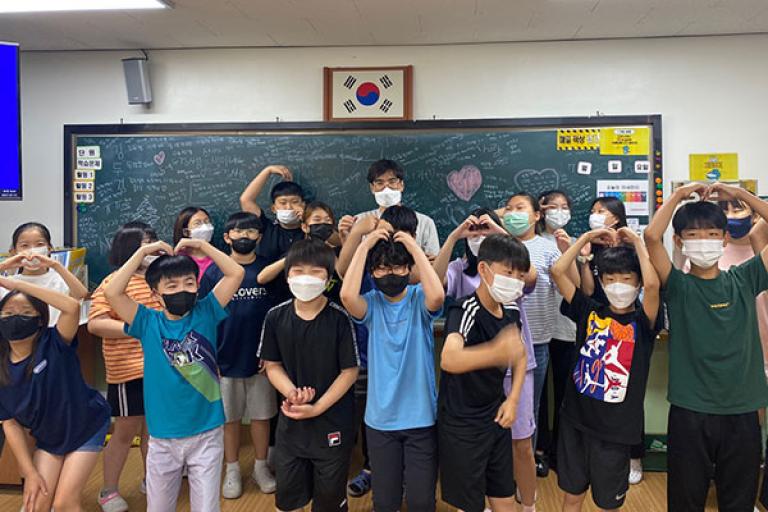2024 Winter

From a small rural village in South Korea to the U of M and beyond
A C&I PhD student’s international journey as an educator and scholar.
As an international doctoral student, I am always enjoying interacting with and learning valuable lessons from my academic mentors, colleagues, friends, neighbors, and prospective teachers from different places around the world. How wonderful it is to engage with diversity and differences! And what an international life it is literally!
Actually, I was born and raised in a small rural village in the southwestern region of South Korea. According to my father, who has lived there for almost 70 years, there might be no more than five persons who pursued a doctoral degree in a foreign country before me throughout the history of my village. It is just like a typical farming village in South Korea. In retrospect, affinity and kinship among the villagers were much more valued than diversity or difference there.

Reflecting on what brought me to UMN
I decided to become a teacher simply because I liked my teachers throughout my student days and enjoyed helping my friends to understand more easily what our teachers taught us. In my undergraduate years in elementary education in South Korea, I happened to read Paulo Freire’s magnum opus, Pedagogy of the Oppressed, which made me critical of the taken-for-granted in schooling, particularly curriculum. So, in my second year as a public elementary teacher, I entered in earnest the field of curriculum studies for a master’s degree in South Korea. While engaging in a variety of readings related to critical curriculum studies, I happened to meet Nina Asher, who is my current advisor, through her works about decolonizing curriculum, which was the serendipitous “a-ha moment” prefiguring that I would be her advisee. Since then, I have felt that decolonial perspectives could be meaningful in taking curriculum seriously and answering fundamentally asked questions regarding curriculum: what knowledge is/has been of most worth?, and whose knowledge is/has been legitimized? After that moment, I was strongly attracted to the culture and teaching program in the Department of Curriculum and Instruction at UMN and influential critical works of other professors in the program. I felt as if UMN would be my academic home and dreamed of pursuing doctoral studies there, and the dream has come true!
My doctoral journal filled with eureka moments
This is already my third year as a doctoral student. My doctoral journey in the culture and teaching program has been enriched through a series of events and experiences related to recognizing cultural differences and diversity; making connections with mentors, academic “siblings,” “cousins,” and (prospective) teachers; and transforming myself. During my journey, I have also had great experiences making presentations with my academic “siblings,” Yulian Segura, Olga Natasha Hernandez Villar, and Charlene Cornwell at The Journal of Curriculum Theorizing Bergamo Conference last year and this year.
I am currently doing research on teachers’ agency in culturally relevant teaching with an assistant professor at another university who is also an alumnus of my department. And also, through theory and critical autobiography—including self-reflection on my own past and present experiences as a student, teacher, doctoral scholar, and student teaching supervisor—I am examining the possibility for rethinking multicultural education. These ongoing processes of “making the familiar unfamiliar” and raising questions on the taken-for-granted are challenging and at the same time enjoyable for me. I am inspired by my academic mentors and colleagues, and places where I am living now and used to live in the past.

With prospective elementary teachers, enjoyment and continuous learning
As a student teaching supervisor, I am currently working with nine teacher candidates at three different elementary schools in the Twin Cities’ area. I am not just supervising them, but also learning a lot from them. For example, I see how passionate they are about teaching and making amicable relationships with their students and how much they are working on developing their critical thinking for social justice. I am enjoying meeting and talking with these student teachers, supporting their lessons in the classroom, and cooperating with classroom teachers.
Student teaching supervision has been expanding my horizons as regards educational practices, allowing me to grapple with bridging theory and practice in substantive ways. So I am considering how to help and support my teacher candidates with my international experiences as a teacher and doctoral student—developing my own comparative perspectives on the culture of education by visiting schools; observing teacher candidates’ lessons; and engaging in discussions with prospective teachers, cooperating teachers, and colleagues at UMN.
My lovely daughter was born in Minneapolis last year! I have become a graduate student parent and am trying to imagine what education will and should look like for my daughter and our future generations. I never dreamed of studying abroad when I was young, but now, I am dreaming of social justice-oriented education and making a difference with my mentors, friends, colleagues, and family across South Korea and the U.S. What an amazing international life!
Dugyum Kim is a third-year PhD student in the Department of Curriculum and Instruction’s culture and teaching program.
Photo credit(s): Courtesy of Dugyum Kim
-KEVIN MOE